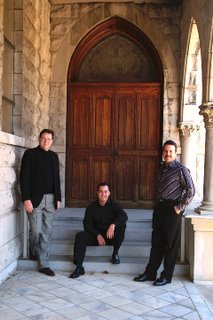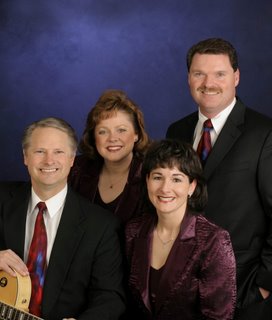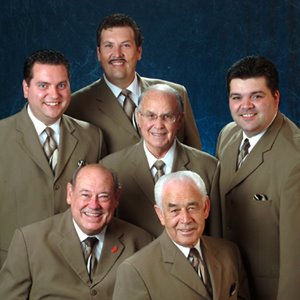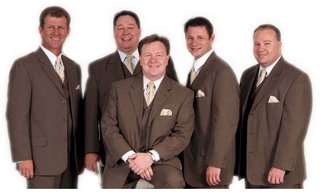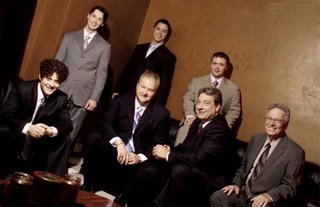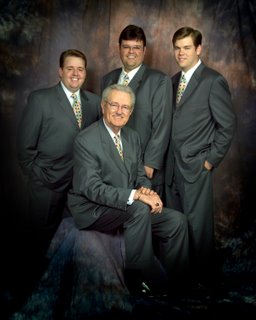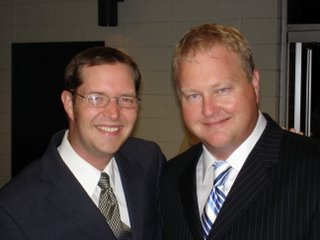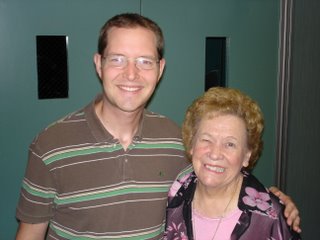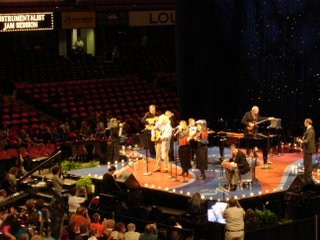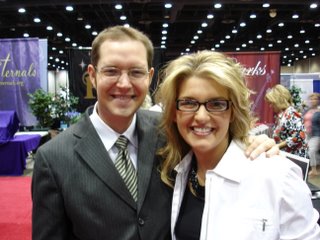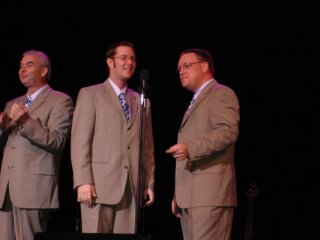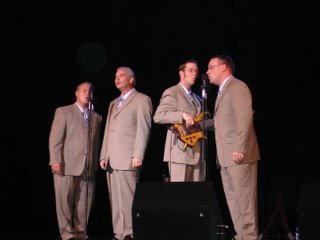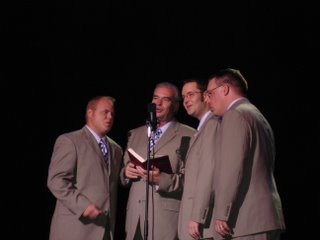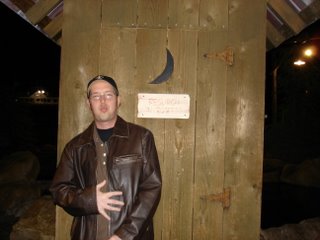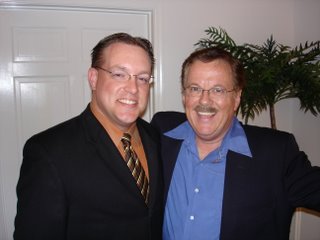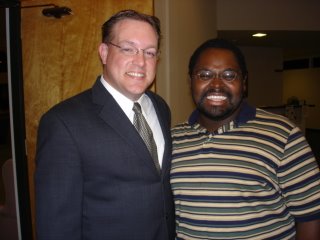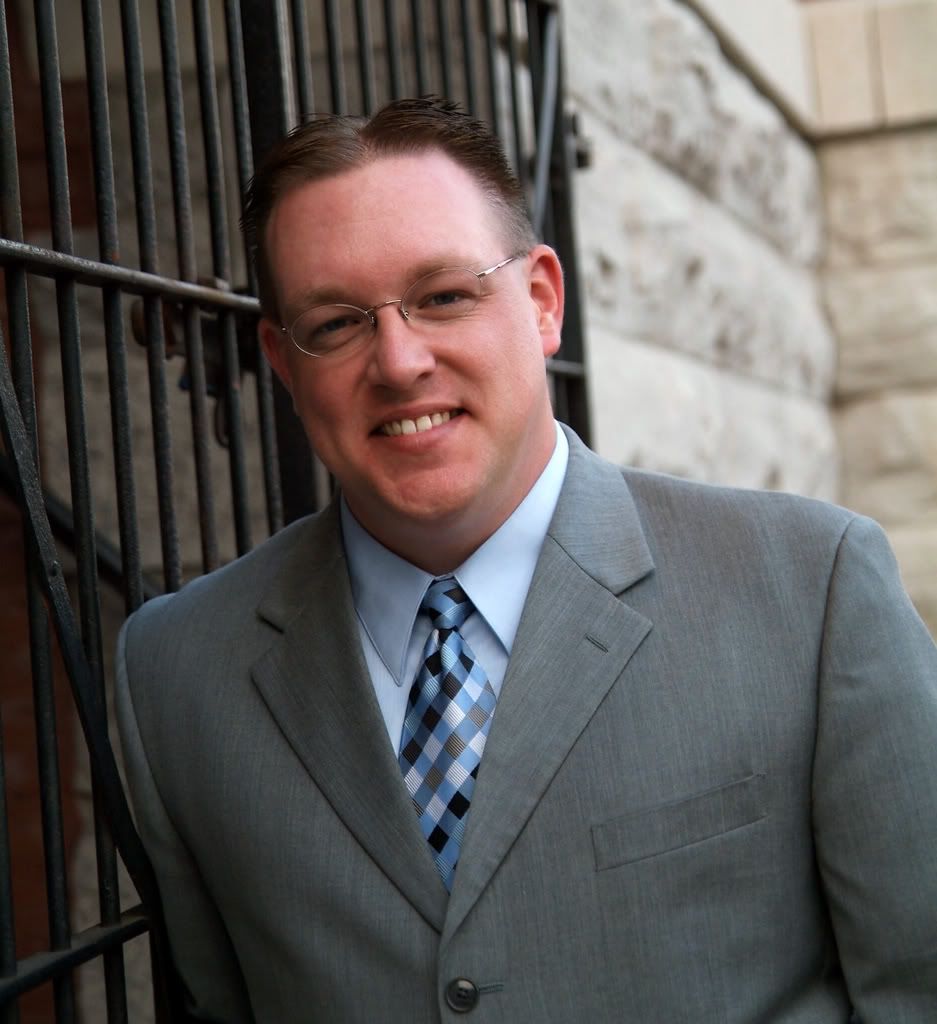Here's a great blog I found over at the Creation Science Evangelism blog site. It's very interesting, and something that should be circulated through our Congress. Although I'm sure most of them wouldn't get it...
The following story, written by a newspaper reporter, is taken from
The Life of Colonel David Crockett.
Crockett was then the lion of Washington. I was a great admirer of his character, and, having several friends who were intimate with him, I found no difficulty in making his acquaintance. I was fascinated with him, and he seemed to take a fancy to me.
I was one day in the lobby of the House of Representatives when a bill was taken up appropriating money for the benefit of a widow of a distinguished naval officer… The Speaker was just about to put the question when Crockett arose. Everybody expected of course, that he was going to make one of characteristic speeches in support of the bill. He commenced:
“Mr. Speaker- I have as much respect for the memory of the deceased, and as much sympathy for the sufferings of the living, if suffering there be, as any man in this House, but we must not permit our respect for the dead or our sympathy for a part of the living to lead us into an act of injustice to the balance of the living… Some eloquent appeals have been made to us upon the ground that it is a debt due the deceased. Mr. Speaker, the deceased lived long after the close of war; he was in office to the day of his death, and I have never heard that government was in arrears to him… We cannot, without grossest corruption, appropriate this money as the payment of a debt. We have not the semblance of authority to appropriate it as a charity. Mr. Speaker, I have said we have the right to give as much of our own money as we please. I am the poorest man on this floor. I cannot vote for this bill, but I will give one week’s pay to the object, and if every member of Congress will do the same, it will amount to more than the bill asks.”
He took his seat. Nobody replied. The bill was put upon its passage, and, instead of passing unanimously, as was generally supposed, and as, no doubt, it would, but for that speech, it received but few votes, and, of course, was lost.
Like many other young men, and old ones, too, for that matter, who had not thought upon the subject, I desired the passage of the bill, and felt outraged at its defeat. I determined that I would persuade my friend Crockett to move a reconsideration the next day…
I broke in upon him rather abruptly, by asking him what… had possessed him to make that speech and defeat that bill yesterday…
I listened, and this is the tale which I heard:
“SEVERAL YEARS AGO I was one evening standing on the steps of the Capitol with some other members of the Congress, when our attention was attracted by a great light over Georgetown. It was evidently a large fire… When we got there, I went to work, and I never worked as hard in my life as I did there for several hours. But, in spite of all that could be done, many houses were burned and many families made homeless, and, besides, some of them had lost all but the clothes they had on. The weather was very cold, and when I saw so many women and children suffering, I felt that something ought to be done for them, and everybody else seemed to feel the same way.
“The next morning a bill was introduced appropriating $20,000 for their relief. We put aside all other business and rushed it through as soon as it could be done… So the yeas and nays were recorded, and my name appeared on the journals in favor of the bill.
“The next summer, when it began to be time to think about election, I concluded I would take a scout around among the boys of my district. I had no opposition there, but, as the election was some time off, I did not know what might turn up, and I thought it was best to let the boys know that I had not forgot them, and that going to Congress had not made me too proud to go to see them.
“So I put a couple of shirts and a few twists of tobacco into my saddlebags, and put out. I had been out about a week and had found things going very smoothly, when, riding one day in a part of my district in which I was more of a stranger than any other, I saw a man in a field plowing and coming toward the road… As he came up I spoke to the man. He replied politely, but, as I thought, rather coldly, and was about turning his horse for another furrow when I said to him: ’Don’t be in such a hurry, my friend; I want to have a little talk with you, and get better acquainted…’
“I began: ‘Well, friend, I am one of those unfortunate beings called candidates, and-‘
“‘Yes, I know you; you are Colonel Crockett. I have seen you once before, and voted for you the last time you were elected. I suppose you are out electioneering now, but you had better not waste your time or mine. I shall not vote for you again.’
“This was a sockdolager… I begged him to tell me what was the matter.
“’Well, Colonel, it is hardly worthwhile to waste time or words upon it. I do not see how it can be mended, but you gave a vote last winter which shows that either you have not capacity to understand the Constitution, or that you are wanting in honesty and firmness or to be guided by it… I intend by it only to say that your understanding of the Constitution is very different from mine; and I will say to you what, but for my rudeness, I should not have said, that I believe you to be honest. But understanding of the Constitution different from mine I cannot overlook, because the Constitution, to be worth anything, must be held sacred, and rigidly observed in all its provisions. The man who wields power and misinterprets it is the more dangerous the more honest he is.’
“’ I admit the truth of all you say, but there must be some mistake about it, for I do not remember that I gave any vote last winter upon any constitutional question.’
“’ No, Colonel, there’s no mistake. Thought I live here in the backwoods and seldom go from home, I take the papers from Washington and read very carefully all the proceedings of Congress. My papers say that last winter you voted for a bill to appropriate $20,000 to some sufferers by a fire in Georgetown. Is that true?’
“’ Certainly it is, and I though that was the last vote which anybody in the world would have found fault with.’
“’ Well, Colonel, where do you find in the Constitution any authority to give away the public money in charity?’
“Here is another sockdolager; for, when I began to think about it, I could not remember a thing in the Constitution that authorized it. I found I must take another tack, so I said:“’ Well, my friend; I may as well own up… But certainly nobody will complain that a great and rich country like ours should give the insignificant sum of $20,000 to relieve its suffering women and children, particularly with a full and overflowing Treasury, and I am sure, if you had been there, you would have done just as I did.’
“’ It is not the amount, Colonel, that I complain of; it is the principle… If you had the right to give anything, the amount was simply a matter of discretion with you, and you had as much right to give $20,000,000 as $20,000. If you have the right to give to one, you the right to give to all; and, as the Constitution neither defines charity nor stipulates the amount, you are at liberty to give to any and everything which you may believe, or profess to believe, is a charity, and to any amount you may think proper… No, Colonel, Congress has no right to give charity. Individual members may give as much of their own money as they please, but they have no right to touch a dollar of the public money for that purpose… The Congressmen chose to keep their own money, which, if reports be true, some of them spend not very creditably; and the people about Washington, no doubt, applauded you for relieving them from the necessity of giving by giving what was not yours to give. The people have delegated to Congress, by the Constitution, the power to do certain things. To do these, it is authorized to collect and pay moneys, and for nothing else. Everything beyond this is usurpation, and a violation of the Constitution…
“’ So you see, Colonel, you have violated the Constitution in what I consider a vital point. It is a precedent fraught with danger to the country, for when Congress once begins to stretch its power beyond the limits of the Constitution, there is no limit to it, and no security for the people. I have no doubt you acted honestly, but that does not make it any better, except as far as you are personally concerned, as you see that I cannot vote for you.’
“I tell you I felt streaked. I saw if I should have opposition, and this man should go talking, he would set others to talking, and in that district I was a gone fawn-skin. I could not answer him, and the fact is, I did not want to. But I must satisfy him, and I said to him:
“’ Well, my friend, you hit the nail upon the head when you said I had not sense enough to understand the Constitution. I intended to be guided by it, and thought I had studied it full. I have heard many speeches in Congress about the powers of Congress, but what you have said there at your plow has got more hard, sound sense in it then all the fine speeches I ever heard. If I had ever taken the view of it that you have, I would have put my head into the fire before I would have given that vote; and if you will forgive me and vote for me again, if I ever vote for another unconstitutional law I wish I may be shot.’
“He laughingly replied:
“’ Yes, Colonel, you have sworn to that once before, but I will trust you again upon one condition. You say that you are convinced that your voice was wrong. Your acknowledgement of it will do more good than beating you for it. If, as you go around the district, you will tell people about this vote, and that you are satisfied it was wrong, I will not only vote for you, but will do what I can to keep down opposition, and, perhaps, I may exert some little influence in that way.’
“We shook hands and parted…
“NOW, SIR,” concluded Crockett, “you know why I made that speech yesterday. I have had several thousand copies of it printed and directing them to my constituents when you came in.
“There is one thing now to which I will call your attention. You remember that I proposed to give a week’s pay. There are in that House many wealthy men- men who think nothing of spending a week’s pay, or a dozen of them for a dinner or a wine party when they have something to accomplish by it. Some of those same men made beautiful speeches upon the great debt of gratitude which the country owed the deceased- a debt which could not be paid in money, particularly so insignificant a sum as $10,000, when weighed against the honor of the nation. Yet not one of them responded to my proposition. Money with them is nothing but trash when it is to come out of the people. But it is the one great thing for which most of them are striving, and many of them sacrifice honor, integrity, and justice to obtain it.”
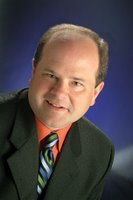
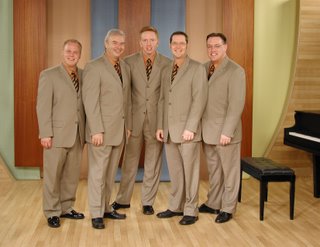
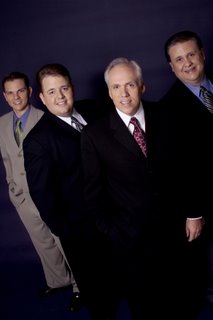 Mark Trammell Trio
Mark Trammell Trio